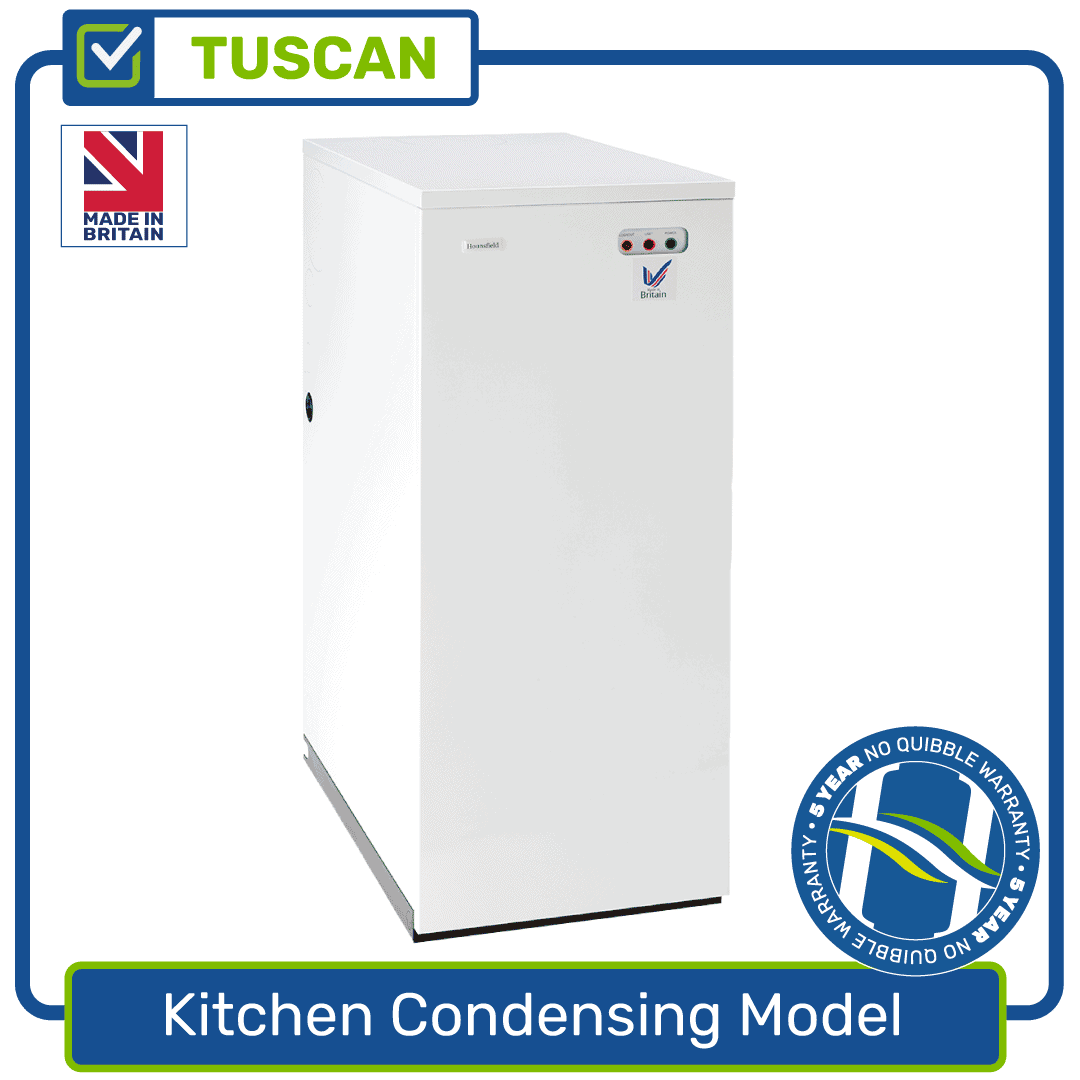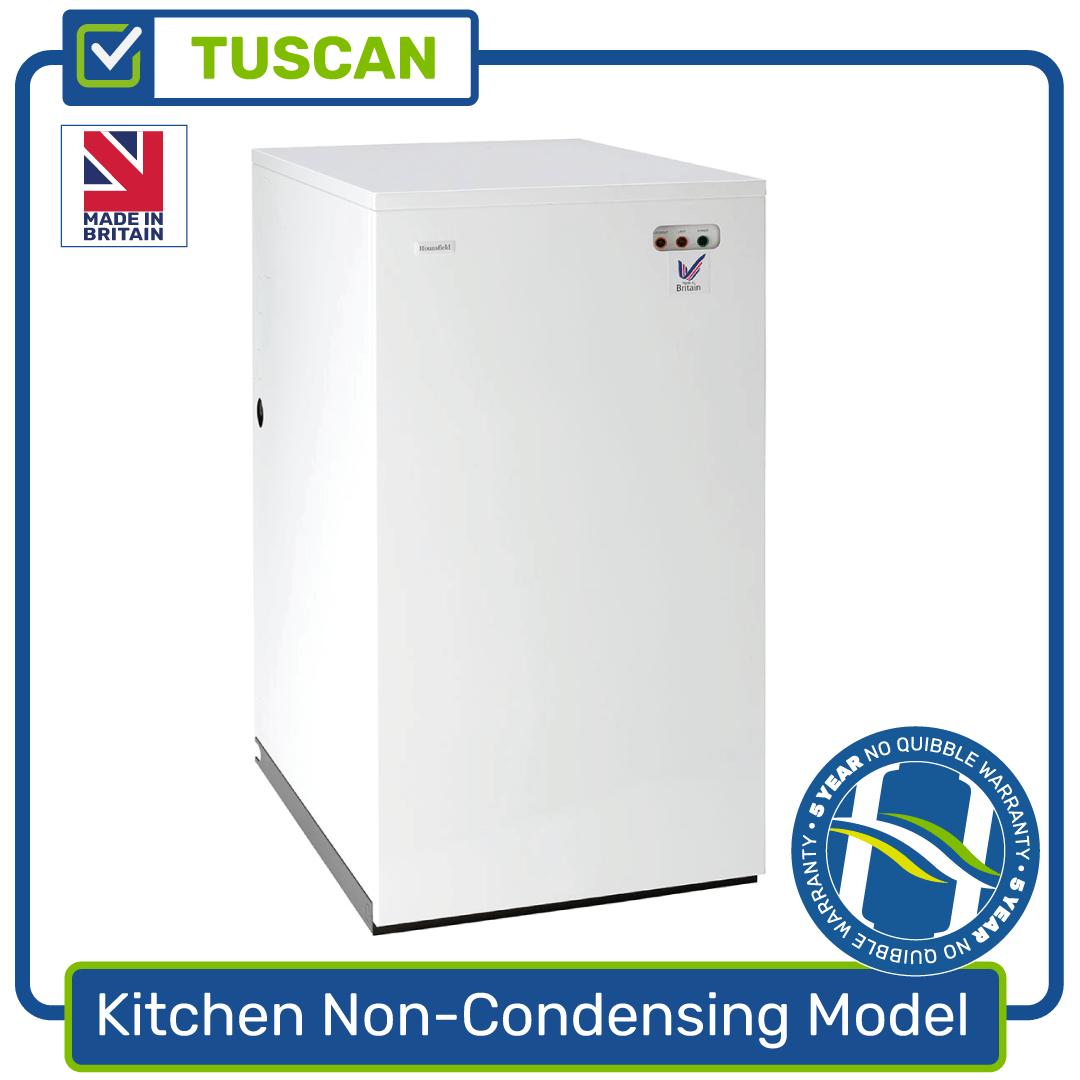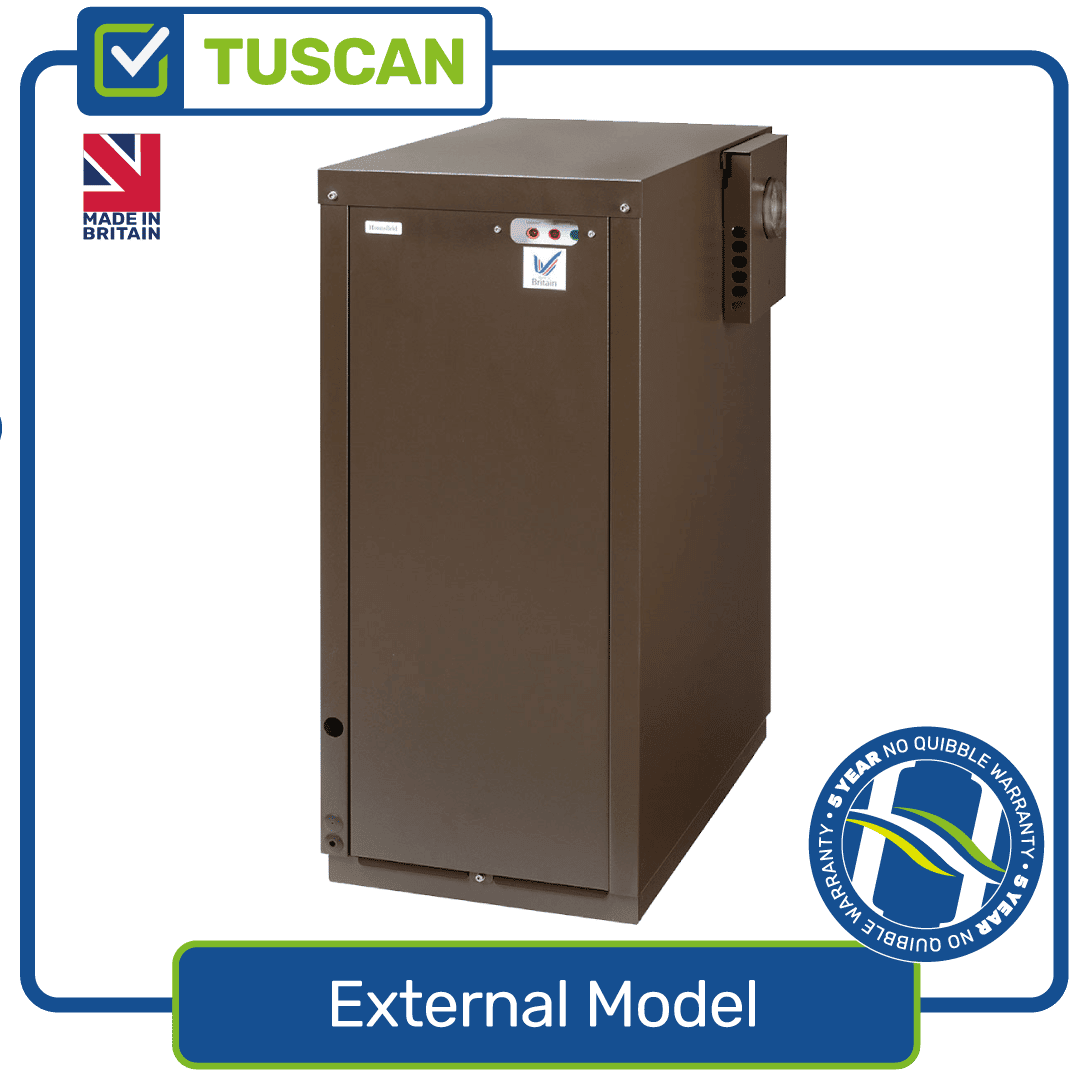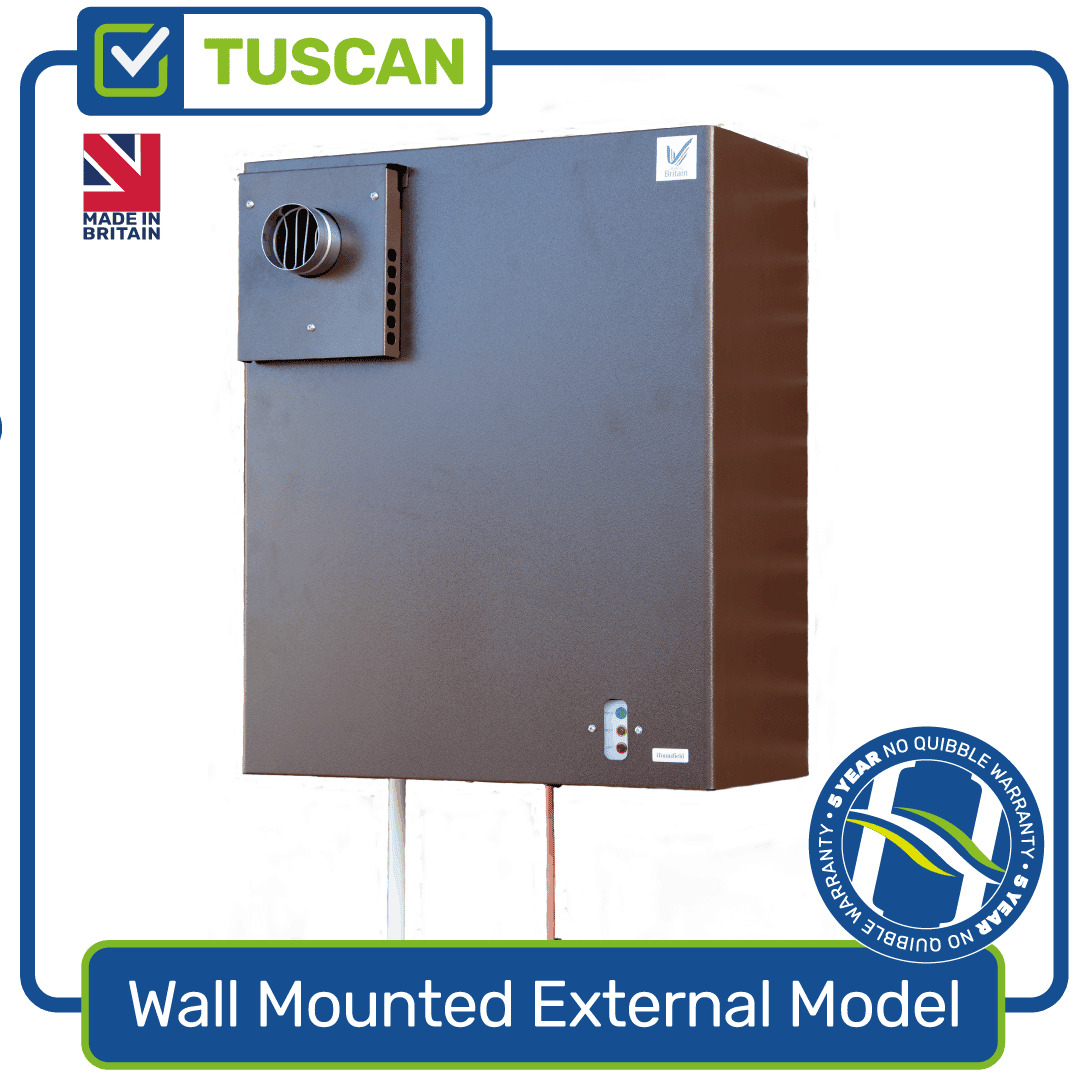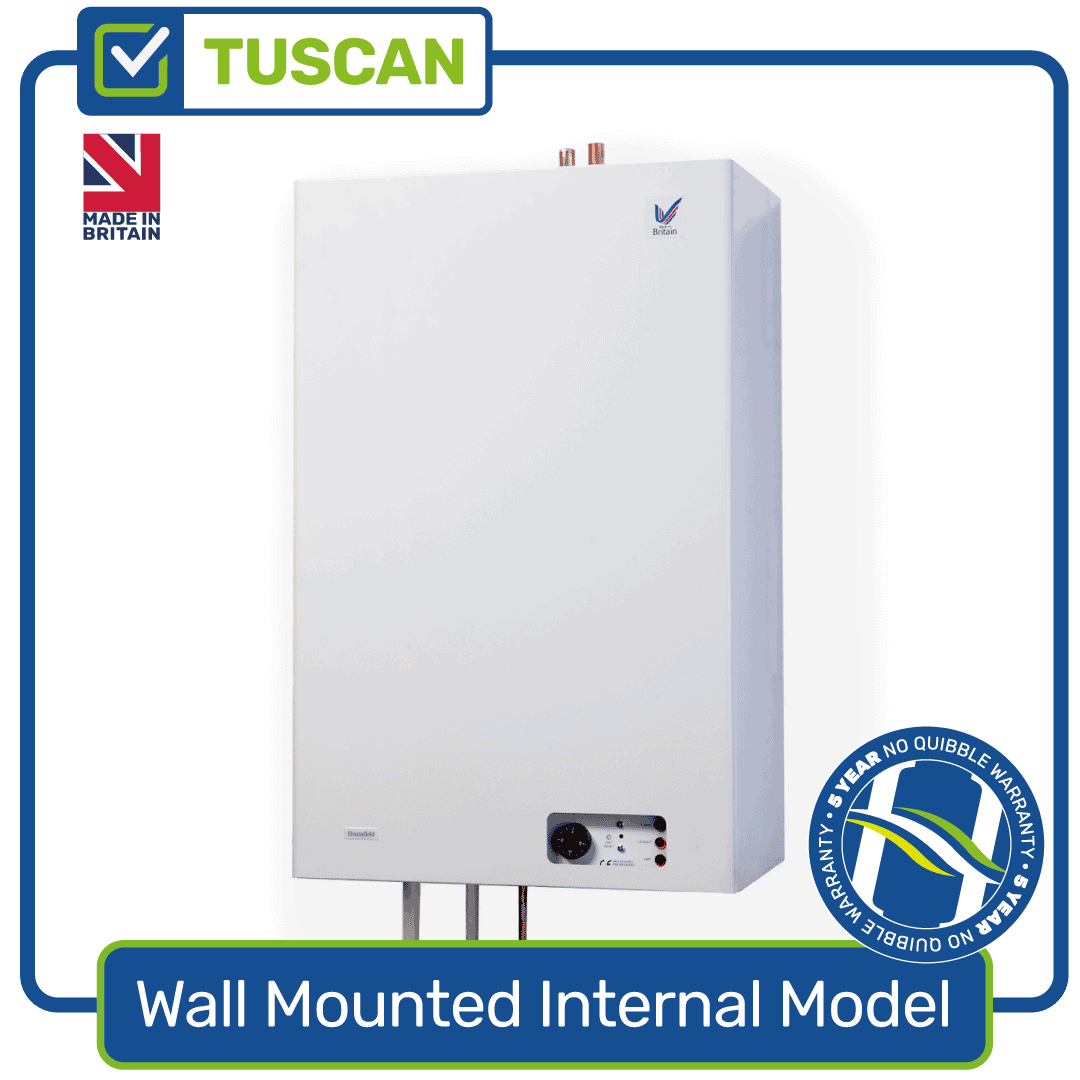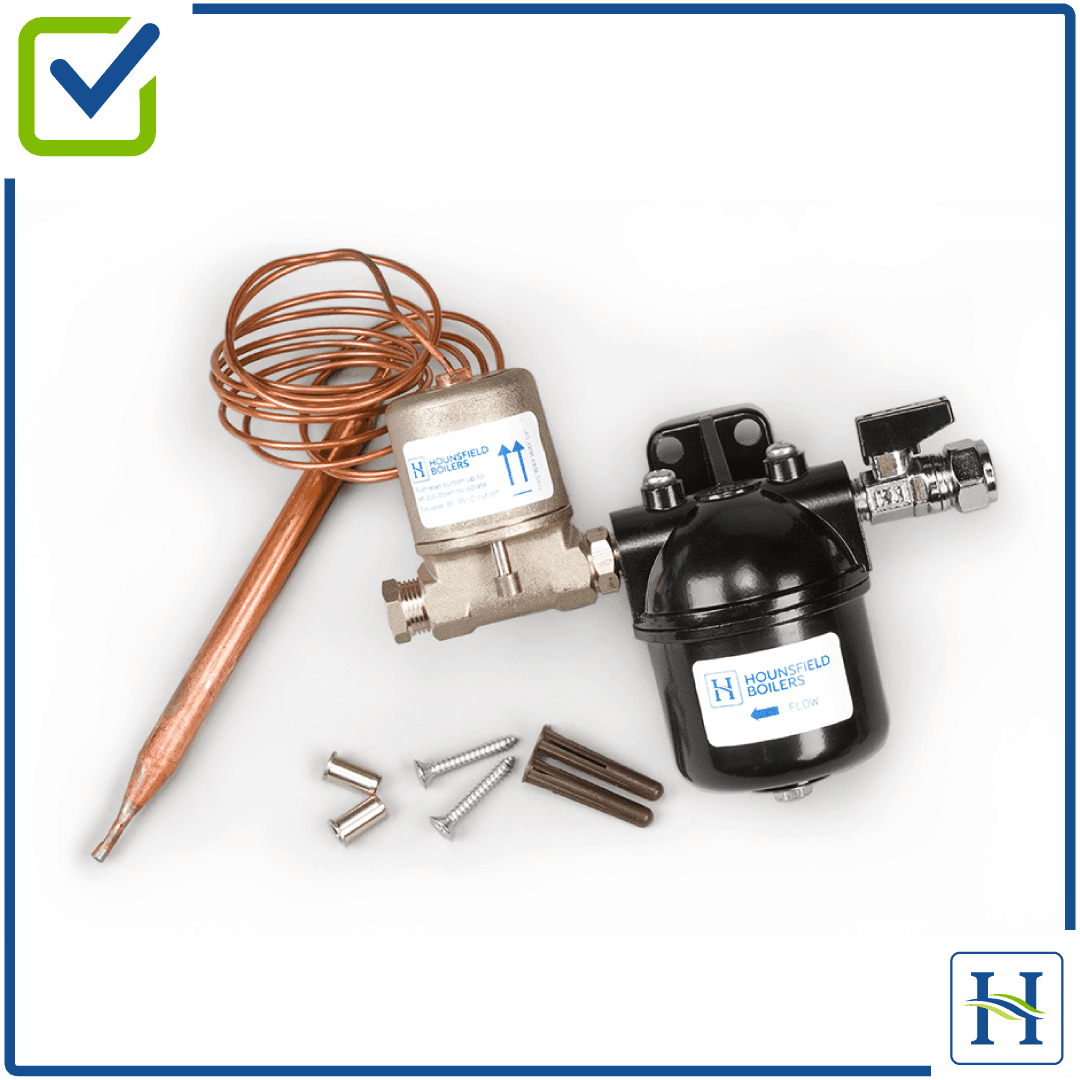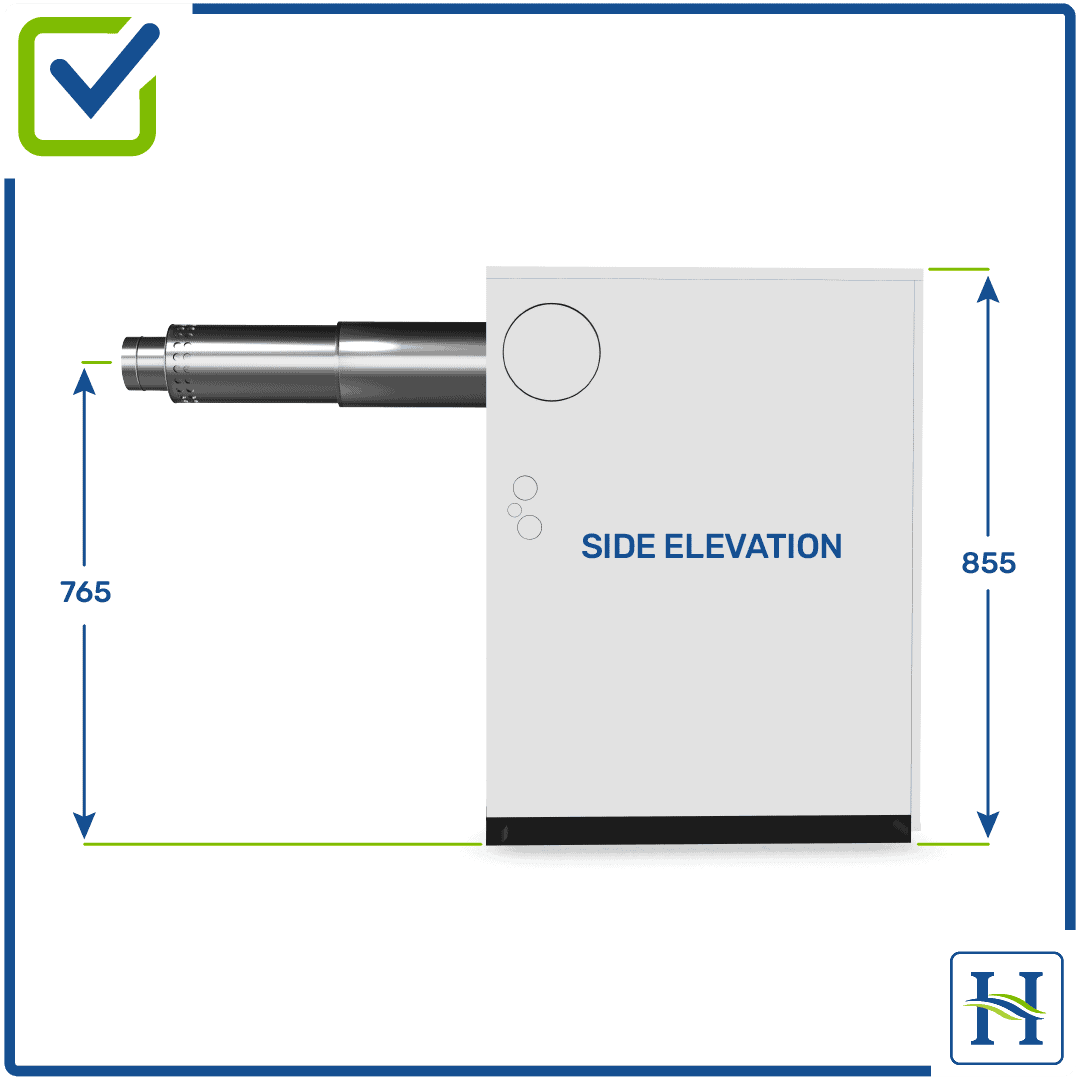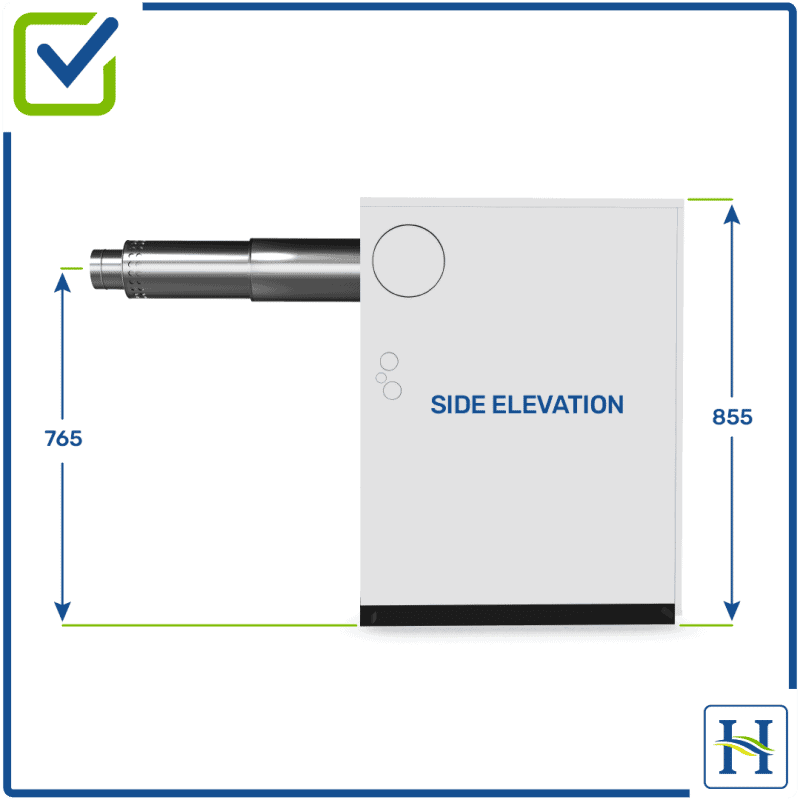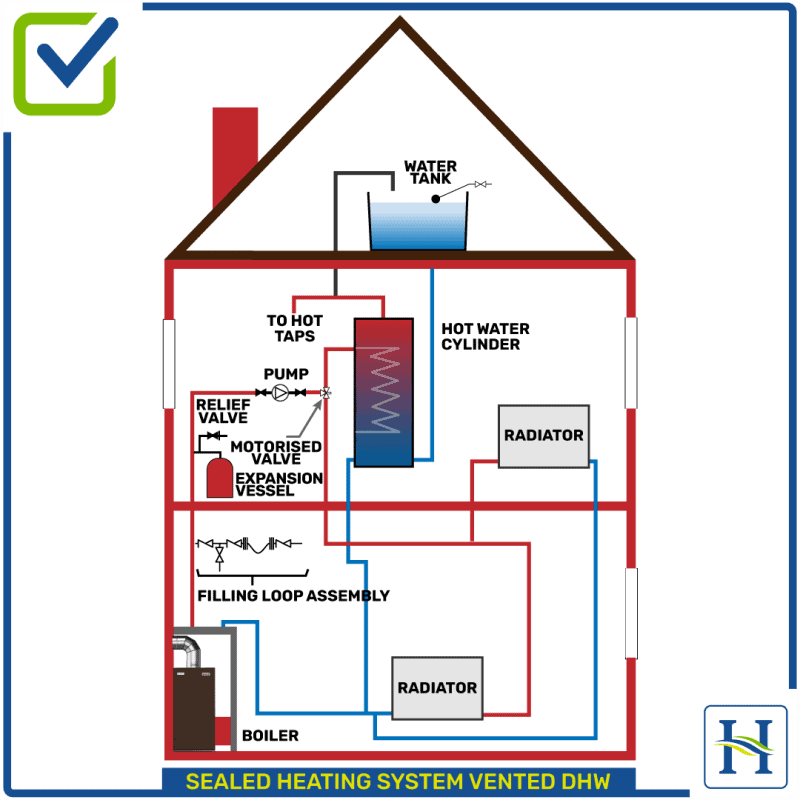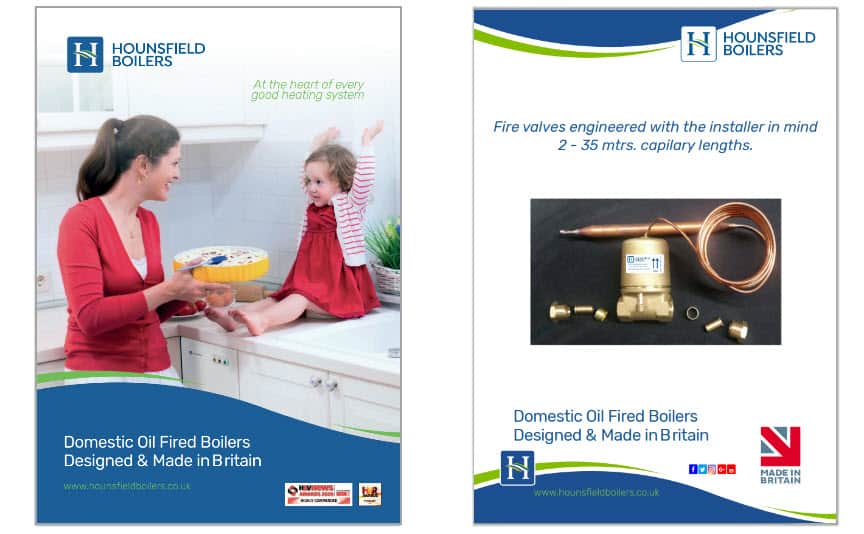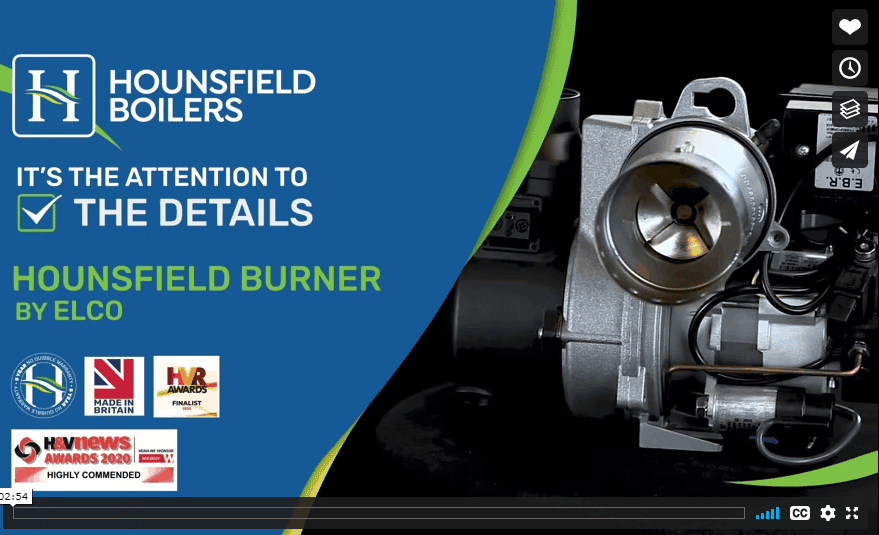COVERING THE BASICS OF OIL BOILERS
Ref ‘Oil Boiler Basics’ in HVP Magazine November/ December 2021
With the current push for heating to become carbon neutral, oil boilers may look like they don’t have a future, but new ‘drop-in’ fuels are the ace in the pack.
Who actually uses oil?
There is a significant number of rural homeowners across the UK living ‘off-grid’. The majority rely on oil, LPG, and heat pumps for their warmth. About 1.5 million of these homes have oil boilers – a small but significant number.
Why would anyone want to install a new oil boiler when fossil fuel heating is being replaced by air-source heat pumps?
Fossil fuels are being phased out, and the government is heavily promoting heat pumps as the way forward. So, yes, traditional kerosene heating oil will soon be a thing of the past, along with gas boilers. However, oil boilers can be run on alternative fuels, and the most likely replacement fuel will be Hydrotreated Vegetable Oil (HVO), a green bio-fuel that performs incredibly well in homes around the world. The great thing about HVO is that it is
largely compatible with existing oil heating systems. Some boilers will need modification, but many manufacturers, such as Hounsfield, have already made their boilers HVO-ready. Homeowners making the switch to heat pumps will face a significant outlay since they will need to buy in the new technology and replace their whole heating system. According to the Department for Business, Energy and Industrial Strategy (BEIS), 65% of oil-heated homes currently fall into the lowest energy efficiency bands, while the cost to upgrade is estimated to be on average £12,300 in addition to the cost of installing a heat pump. That is why oil boilers represent an affordable solution to a green future in British homes.
Who can install oil boilers?
OFTEC manages the ‘competent persons’ scheme for registered installers of oil-fired boilers, but oil boilers do not need to be legally installed by an OFTEC-registered installer. However, if you are not OFTEC-registered and you install an oil boiler, then your work will need to be certified by an OFTEC ‘competent person’ to be valid.
What makes installing oil boilers different to gas?
Oil boilers and gas boilers rely on two different technologies. And oil is, in fact, much safer for heating homes than gas. The kind of explosions that occur with gas installations are not possible with oil. From both an installer’s and homeowner’s point of view, oil is less hazardous than gas, as oil is a liquid that can be seen, whereas gas is invisible, although it has an odour. With either technology, boilers will need a flue system to remove unwanted gases produced by the boiler. It is mandatory for flue terminating positions to be sited in accordance with the requirements of Building regulations Approved Document J. For oil boilers, the more stringent requirements, detailed in BS 5410 2014 (Code of practice for oil-fired installations), are advisory and, in the absence of manufacturer’s instructions, are intended to ensure that plumes from wet flue products do not impinge on, or significantly affect, the use of the householder’s dwelling, and also to reduce the possibility of nuisance to neighbouring buildings. Is it expensive to run an oil boiler? Kerosene is an economical fuel, the price of which is closely aligned to global trends, whereas the price of heating oil is linked to demand, so will cost more in the winter. Savvy homeowners will fill up their oil tank in the summer when the demand is low, and oil is at its cheapest. Oil users also have the freedom to use any oil supplier they want; unlike gas, they are not tied to one company.
Aren’t oil tanks big and take up a lot of space?
Oil users can choose the size of tank that best suits their situation. A large capacity tank for a big garden, or a small tank for a courtyard. Tanks are usually dark in colour, so are recessive and don’t stand out. Oil tanks can be plastic or steel, with steel tanks capable to be made to bespoke sizes and colours. Compared to an LPG tank, or industrial-looking heat pumps, oil tanks are much easier on the eye, and sympathetic to the home setting.


